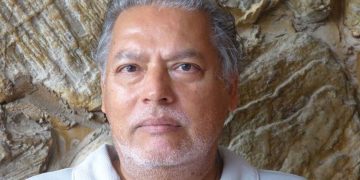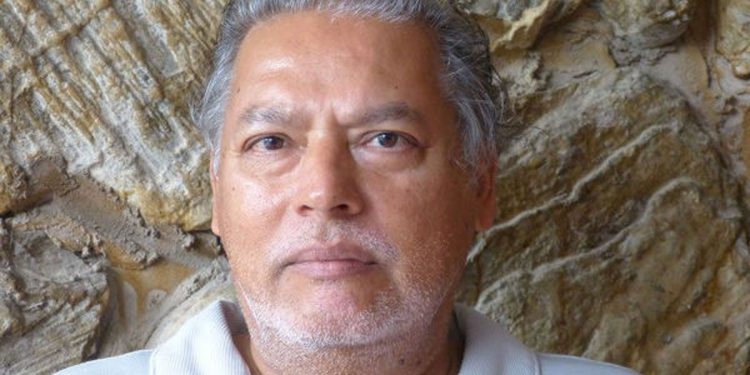Prime Minister Dr Keith Rowley has entered the debate in the American curriculum issue on Black History. He said that “and most recently, bold faced morons are now even suggesting that we would be grateful for the benefits that were bestowed on us for slavery through language and acculturation.”
The American Vice President Kamala Harris “travelled to Florida to condemn the curriculum.” And Tim Scott, a sole Black republican in the Senate said that “slavery was really about us separating families, about mutilating humans and even raping their wives…” to criticize Florida’s Governor Ron DeSantis about “slaves developed skills that would be applied to their personal benefits.”
The Caribbean History: Foundation History Book 1 by Claypole and Robottom support the republican presidential candidate and Florida Governor Ron DeSantis. In the slave plantation “the enslaved-on Sunday morning were allowed to go to the market to sell their small animals and provisions that they raised.”
The writers added that “the most valuable group of enslaved were the artisans in the work yard. The headman of each section had the help of African journeymen and younger apprentices. The head boiler was the most important of all the artisans. He had to decide how long the sugar should boil in each copper to produce the best quality. Whether the plantation made a good profit or not depended on his skill or judgement. Planters recognized the value of their enslaved artisans by giving them special privileges, such as extra allowances of clothing, food, drink and quarters with a few comforts. When they were not needed on the plantation, they were given the chance to “job away” for another planter or perhaps to work on a nearby town. They paid their owner a percentage of their earnings.”
The capture of Trinidad in 1792 by the British from Spain was ceded to Britain by the Treaty of Amiens. The plantation colony came by 1801. By 1807 Britain abolished the slave trade, and by 1834 slave emancipation. The process of immigration to Trinidad came soon after slavery. Indian arrival from 1845 became the main labor on the sugar plantation.
The sugar plantation in Trinidad was an Indian experience. The ex-slaves and freedmen migrated to urban areas. We cannot compare to Barbados and Jamaica.
Kamal Persad
Carapichaima



































































